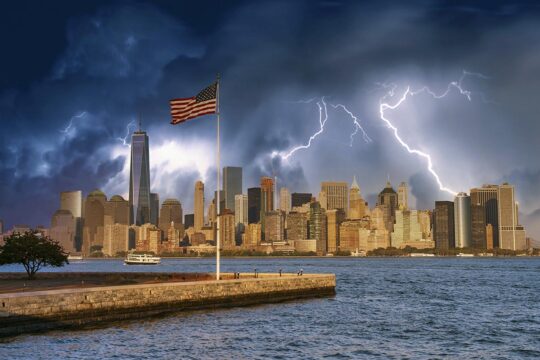UN officials on Friday denied they had done too little to address reports of serious rights violations in China's Xinjiang region, a day after leading campaigners called for greater action.
On Thursday, rights groups urged UN rights chief Volker Turk to follow up on an explosive 2022 report detailing violations against Muslim minorities there, including against the Uyghurs.
The report by Michelle Bachelet, Turk's predecessor as High Commissioner for Human Rights, cited possible "crimes against humanity" in the region.
The report highlighted "credible" allegations of widespread torture, arbitrary detention and violations of the religious and reproductive rights of Uyghurs and other Muslim groups.
China had dismissed its contents.
On Friday, Human Rights Watch, Amnesty International, the International Service for Human Rights and the World Uyghur Congress issued a joint call to action.
"The ongoing absence of public reporting by the high commissioner to follow-up the atrocity crimes documented by his own office, risks undermining the trust placed in his office by victims and survivors," they warned.
Responding to the claims, a spokesperson for the UN's rights office acknowledged that the situation in Xinjiang was "of concern".
Among the issues at stake were "reports of arbitrary detentions, enforced disappearances and discrimination on the basis of religion and ethnicity" faced by the Uyghurs.
But the UNHCHR was engaging with China "on a range of human rights issues, including in follow-up to the report", Liz Throssell told AFP.
During a recent visit, officials had stressed "the adverse impacts of national security and counterterrorism laws, family separation, and the lack of transparency on missing persons", Throssell added.
They had urged China to comply with international law.
Bachelet's report raises allegations of abuses against its Muslim minorities in Xinjiang including forcibly sterilising women, mass detentions and imposing a regime of forced labour.
Beijing has argued its approach there is needed to tackle terrorism.
It defends what it calls a network of "vocational training centres" to counter extremism and improve education levels.
Several countries, including the United States, have denounced the crackdown as a "genocide".


